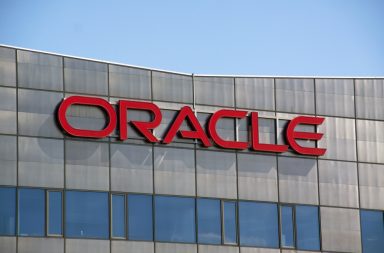During the Wall Street Journal conference this week, a group of venture capitalists, entrepreneurs, IPO experts and dealmakers spoke on the unexpected low number of IPOs and blamed investors such as SoftBank for altering the business of startup financing.
The change over the last two decades has led to a 50 percent decline in the number of U.S. public companies over the last, according to the Nasdaq. Since 2014, IPOs have fallen drastically. This is when market investors and mutual funds invested heavily into the private tech companies.
There are some indications for an increased fall for IPOs. Recently, tech companies Switch Inc, MongoDB Inc and Roku Inc have gone public with entrances from ForeScout Technologies Inc and Zscaler Inc in the works. Investors still waiting for a market fall after a sustained rally, raising questions for the IPO opportunities for next year.
This year only 12 venture capital-backed U.S. tech companies went public in the in the first three quarters, compared to 27 for the same time during 2014, according to IPO investment adviser.
Although, the Dow Jones Industrial Average and Nasdaq Composite are up over 26 percent this year and market volatility is low, the lack of IPO continues. Wall Street stock indexes are showing record highs in recent weeks, and on Wednesday the Dow closed above 23,000 for the first time ever.
But Barry Diller, a dealmaker, believes the vast funding rounds have removed the traditional reason for an IPO. Diller said, “There is no reason to be public unless you need capital, and almost all these companies do not need capital”.

THE MORNING REPORT
Start your workday the right way with the news that matters most.
Your information is 100% secure with us and will never be shared Disclaimer & Privacy Policy
SoftBank announced making at least 14 investments in techno companies globally, like the $500 million deal Social Finance and the $3 billion deal in company WeWork, both companies are private and worth billions of dollars.
Over the next week, SoftBank anticipates finalizing a deal with Uber Technologies Inc, in which it will acquire nearly $10 billion in Uber shares, most coming from employees and existing investors or a secondary offering.
The Nasdaq private market business, created in 2014, enabled over $1 billion in secondary market offerings in 2016, according to Bruce Aust, vice chairman of Nasdaq.
These secondary offerings permit employees and investors to liquidate their shares by selling to private investors, removing the pressure for the company to go public.
The increase of private capital, and the high valuations that come with it create another reason for avoiding an IPO, according to Chris Clapp a managing director at a consulting group.
“Many times with my clients I don’t think they would achieve the same valuation in the public markets,” Clapp said.
Snap Inc, the owner of Snapchat, is down over 10 percent from its IPO price in March.
 D. Marie
D. Marie 




